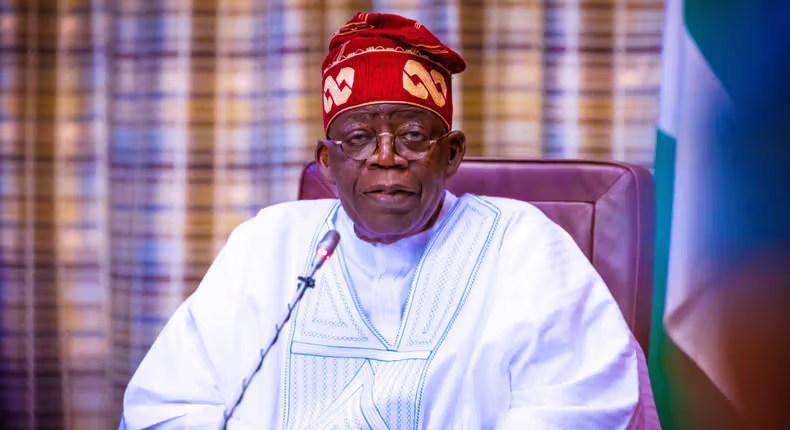President Bola Tinubu is set to inaugurate the construction of the 1000-km Sokoto-Badagry Coastal Highway in August. This project, which revives the old West African Trade Route, will enhance agriculture, electricity production, and trade routes with other African countries.
Minister of Works, Dave Umahi, disclosed details of the project during a stakeholders’ engagement in Birnin Kebbi. He explained that the highway would be a six-lane superhighway, with the first phase starting in Kebbi State, which has the largest share of the project. The route will extend from Illela border town in Sokoto State to Badagry in Lagos State, with significant sections passing through Sokoto and Kebbi States.
The Sokoto-Badagry corridor includes 53 dams, which will be developed to support agriculture, electricity generation, and trade. The superhighway is expected to bring numerous benefits, including improved security, tourism, transportation, and industrial growth, similar to the Lagos-Calabar Coastal Highway.
Umahi also addressed other infrastructure projects in Kebbi State, such as the 55km Gadar Zaima – Zuru road and the 87km Koko – Mahuta – Dabai road, expressing dissatisfaction with the progress and the behavior of some international contractors. He emphasized that the government would no longer tolerate contractors who abandon projects after receiving payments and suggested that local contractors be encouraged.
Governor Nasir Idris of Kebbi State praised the Sokoto-Badagry Super Highway as a significant legacy of the APC administration and President Tinubu’s efforts. He noted that the project, dormant for almost 50 years, was now being revived, fulfilling the aspirations of Nigerians. Idris also promised to present a report containing local input for the highway’s construction to the minister in Abuja.
The Director of Federal Highways, Bridges, and Design, Bede Obioha, detailed the route, which will traverse various towns in Sokoto and Kebbi States, ultimately ensuring a consistent flow of traffic upon completion. The project received support from traditional rulers, including the Emir of Argungu, Alhaji Sama’ila Muhammadu Mera, who assured mobilization of local communities for the project’s success.
Senate Committee on Works Chairman Sen. Barinada Mpigi, along with other committee members, expressed their commitment to providing legislative support for infrastructural development, reinforcing the socio-economic and industrial growth of Nigeria.

